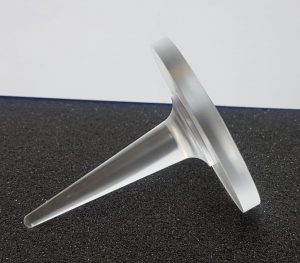Machining Plastic Experts Guide
Commonly asked is, how do you Machine Engineering Plastic?
Machining is a broad term which refers to the measured, carefully calculated Manufacturing method employed to produce Plastic component Parts. Currently, most companies employ computer numerical control or CNC Machining. thereby, able to achieve greater precision and accuracy in their end Plastic products.



Also, the question of what determines the Machining process for a Bespoke Plastic Part?
Essentially, the design and construction, adding in the Material, you have the main factors which significantly impact the production process.
Email Your Enquiry 
Careful Considerations
Certainly, when CNC Machining Plastic, great care and vigilant consideration is especially important. Mainly because Plastics susceptibility to problems, such as, warping, cracking, expansion, contraction, and deformation. Further, complicating things is the large selection of Plastics and sub forms of Plastic available to choose from. Adding the complication of each type exhibiting its own properties and potential Machining considerations. These unusual challenges command, an association with a supplier with a great depth of knowledge. Thus, an understanding of the requirements to Manufacture your Parts from the chosen Plastic Material.
Plastic CNC Machined Materials
Examples of just some commonly Machined materials are Nylon 6, Cast Nylon, Nylatron MoS2, Glass filled Nylon, Polyester Glass, EM42, Tufnol®, HDPE, LDPE, PE1000, PE500, PTFE, Teflon, PVDF, Acetal, Delrin, Also Peek, Arnite, SRBP, SRBF, Polypropylene, Polycarbonate, Perspex and Epoxy Glass.